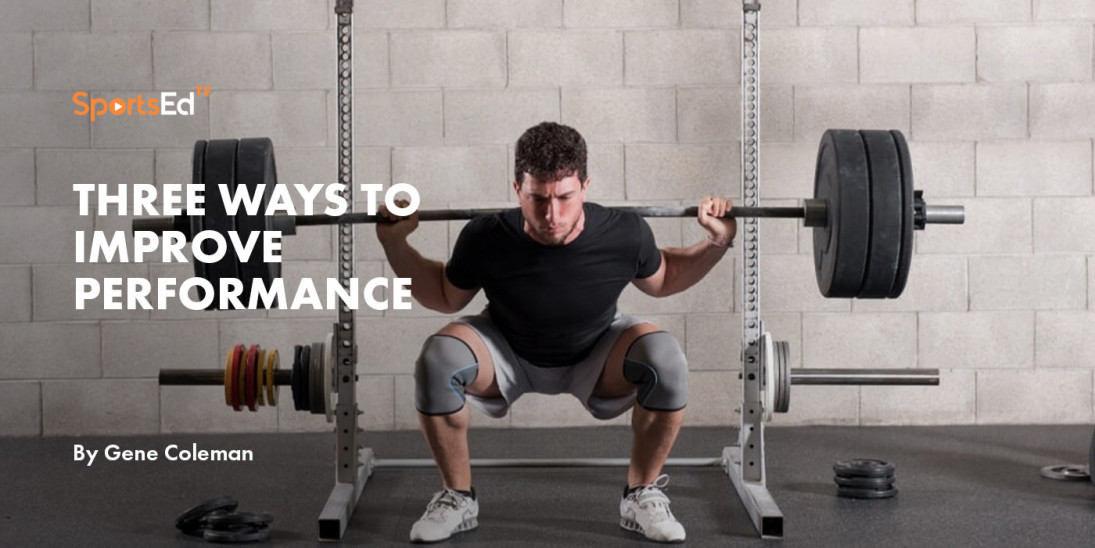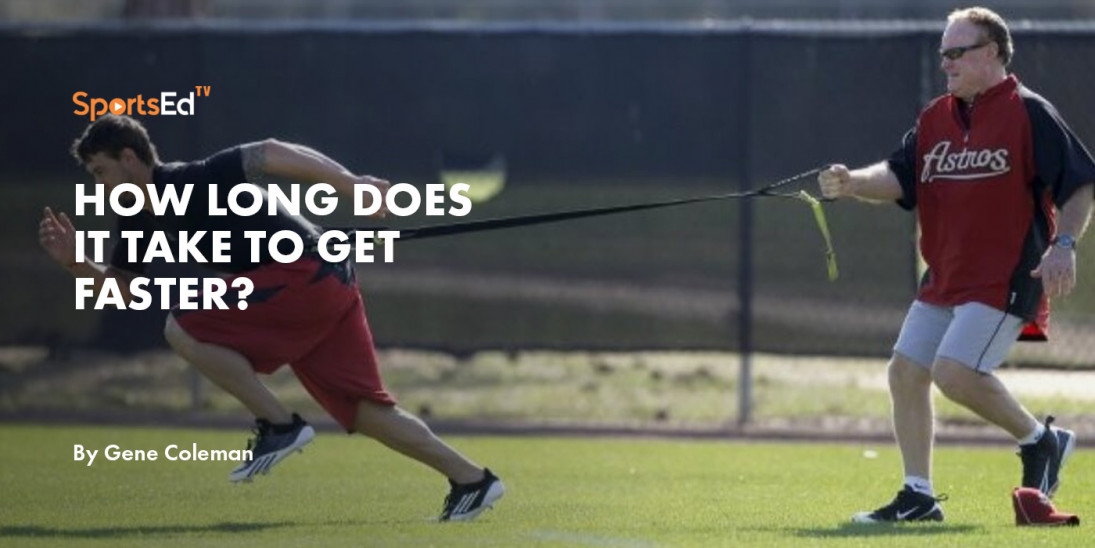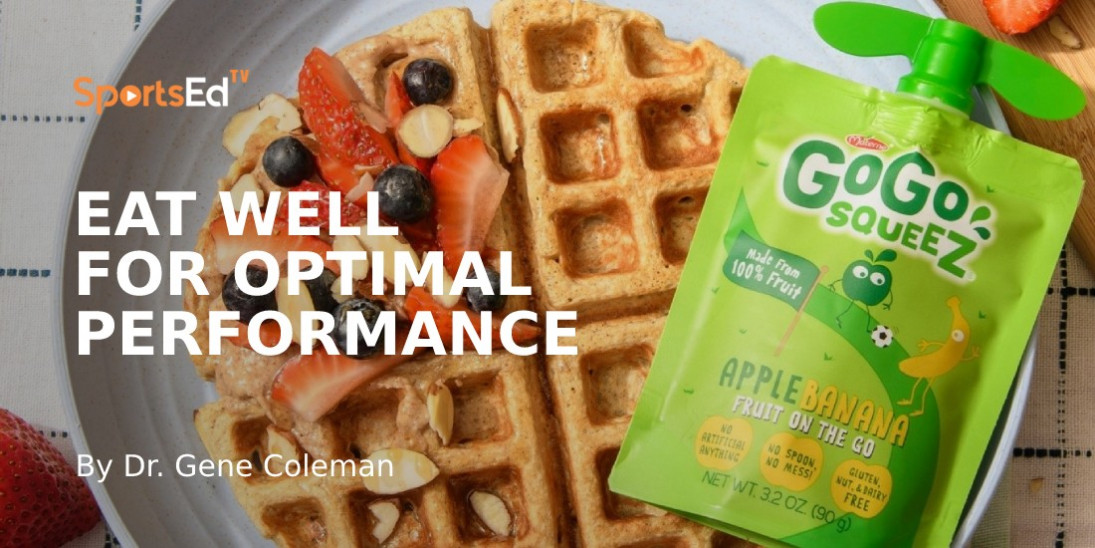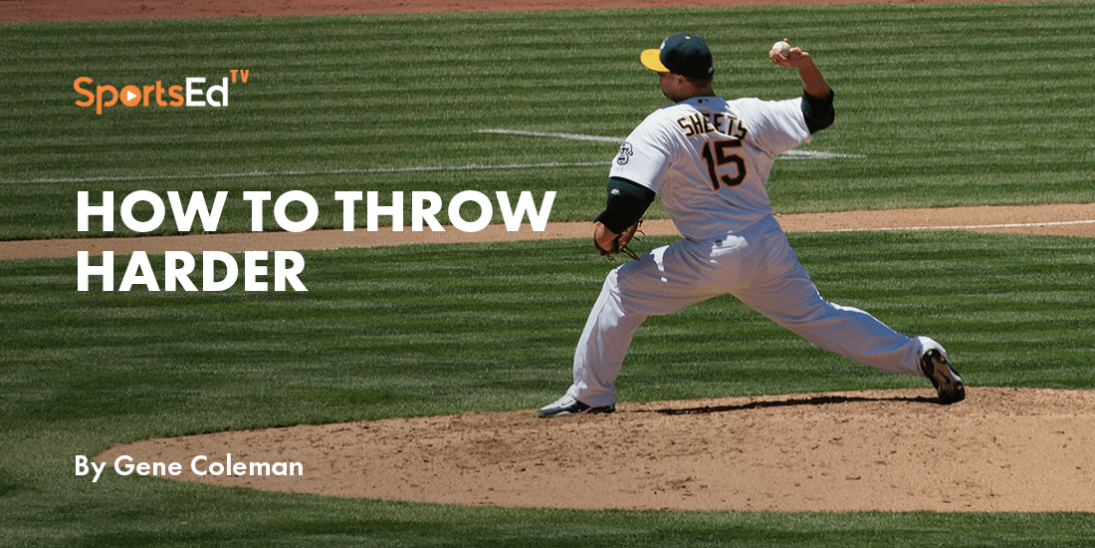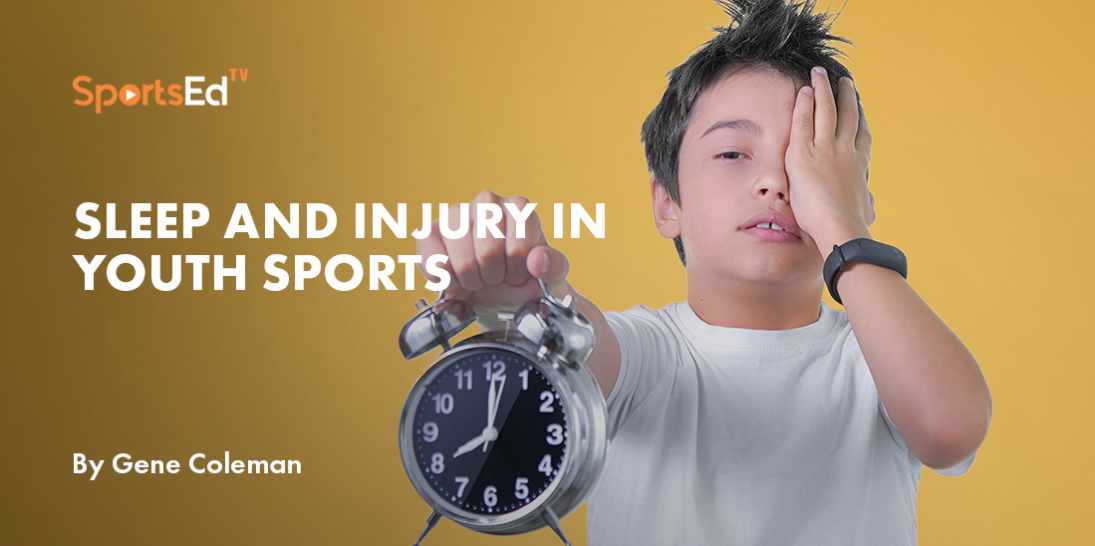Baseball, Basketball, Gymnastics, Health, Martial Arts, Mental Toughness, Nutrition, Pickleball, Running, Soccer, Tennis
Welcome and thanks for visiting...

Three Things You Can't Outwork

Since Little League, kids have been taught they can accomplish anything if they outwork their opponents. While hard work is essential for accomplishing your goals, there are at least three things you cannot outwork, no matter how hard you try.
Bad diet
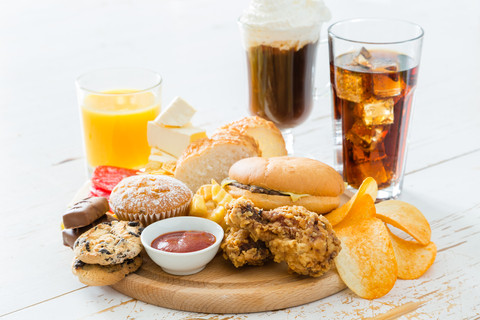
Research indicates that the two things many young athletes do not get enough of are 1) food (calories/fuel) and 2) sleep (recovery). You can’t drive from Atlanta to Los Angeles on a half-tank of gas. You can’t pitch 7 (youth and high school) or 9 innings (college and pro) on a donut and a can of Red Bull. Proper growth, adequate recovery, and peak performance require a sound, nutritionally balanced diet. A proper diet for developing athletes consists of three healthy, balanced meals and 2-3 healthy snacks.
A good diet starts with a balanced breakfast. When you wake up in the morning, after an 8-10 hour fast, your blood sugar level and energy are at or near rock bottom. A healthy breakfast breaks the fast, restores your blood sugar to a proper level, starts the hydration process, and provides a solid energy base from which you can learn, train, practice, or play. A balanced breakfast should provide a high source of carbohydrates, moderate protein, limited fat, and a good source of vitamin C and fluids. Research indicates that athletes who eat breakfast are more likely to meet their recommended intake of vitamins and minerals than those who don’t.
Mid-morning and mid-afternoon snacks help maintain a constant energy level, prevent fatigue, enhance hydration, and help maintain focus and alertness between meals.
A healthy lunch provides the energy and fluid needed to help get you through afternoon classes, workouts, and games, and a healthy dinner provides the calories, nutrients, and fluid to replace those expended throughout the day, fuel growth, and ensure adequate recovery. Like breakfast and lunch, dinner should provide a balanced intake of carbohydrates, protein, and fat and an adequate intake of fluids to replace those lost throughout the day. A 100-calorie high protein, low-fat, pre-bedtime snack can help stabilize your blood sugar level throughout the night and at the start of the next day.
What you put in your body matters. You are a high-quality athlete, and you need high-quality fuel. You wouldn’t put unleaded regular gas in a race car and expect to win the Indianapolis 500. You wouldn’t feed a thoroughbred a Big Mac and fries and expect to win the Kentucky Derby. Likewise, you can’t expect peak performance and adequate growth and recovery if you put primarily low-nutrient-dense foods in your body. A diet should emphasize food first, and supplements should be used only when needed to fill in gaps in fueling or enhance recovery.
Lack of sleep

Exercise stimulates growth, growth occurs during recovery (sleep), and food (calories) fuels the growth and recovery of muscle tissue and the central nervous system. While we know the importance of adequate sleep, research indicates that the average teenager gets between 7 and 7 ¼ hours of sleep each night, which is almost 30% less than that recommended by sleep experts. That’s like an MLB team trying to fly from Tampa Bay to Anaheim on only 2/3rds of a tank or gas. For youth baseball and softball, it’s like trying to win with only 6 players on the field.
Researchers at Children’s Hospital of Colorado say that teens need 9 to 10 hours of sleep every night, and about 80% of them don’t get it. Their data suggest that one-half of teens report feeling tired all day, which puts their academic, training workouts, practice, and game performance at increased risk. Research indicates that 6–12-year-olds need 9-12 hours of sleep daily, 13–18-year-olds need 8-10 hours, college athletes need 10+, and pros need 8-10 hours of sleep daily.
Sleep also plays a role in helping athletes learn new skills. The skills that you work on in practice are learned while you sleep. Proper sleep reinforces skill development. Lack of sleep delays it. If you want to improve the break on your curve ball, shorten your swing, improve your fielding, etc., work on it in practice and then sleep on it.
Sleep is also vital in reducing the risk of sports injuries in teenage athletes. Research indicates that adolescent athletes who slept 8 or more hours each night were 68% less likely to be injured than athletes who regularly slept less. Insufficient sleep and higher age and grade are the strongest predictors of sports injuries in adolescents. Approximately 65% of students with less than 8 hours of sleep per night had injuries. That is a 1.7 times greater risk of injury than teens with more than 8 hours of sleep. Four times more injuries occurred in players reporting 6 hours of sleep per night compared to those getting 9 hours of sleep.
Ask yourself, “Will staying up until 11:00 pm playing an extra hour of video games affect how I train tomorrow? Will it affect how I help my team tomorrow when I have games at 9:00 am and noon, or should I go to bed?” How much and how well you sleep tonight can significantly impact your training and performance tomorrow and in the following days.
Improper training program

We have all heard the phrase – “If you fail to plan, you are planning to fail.” You are also planning to fail if you implement the wrong training program. One size does not fit all. Every player is unique and has specific strengths, weaknesses, and limitations. Every position has unique strength, power, speed, and movement requirements. Middlefielders who rely primarily on speed and agility should not train like corner infielders who rely more on strength and power. Likewise, pitchers who throw the ball should not train like catchers who receive the ball, and starting pitchers who pitch 6 or more innings every 5 days should not train like relief pitchers who pitch 1-2 innings several times per week. Athletes should be trained to be better baseball/softball players, not football players, powerlifters, bodybuilders, or Navy Seals.
Work and rest are both important, and neither is beneficial without the other. Striking a balance is key. Proper work: rest intervals ensure that players make progress, recover adequately, and can play every day if needed. Overloads should be progressive, not excessive. Players should not be treated like glass because glass breaks.
The primary objective is to help make players better by making them bigger, faster, and stronger, not just to avoid injury. There is always some degree of risk and reward in training. The goal is to minimize the risk and maximize the reward. Coaches should accept nothing less than complete attention and perfect technique from each player. Poor technique leads to inefficient movement and increases the risk of injury. Programs should be developed to help players improve, not to make them tired.
Training must transfer to the field. If your training doesn’t transfer to the field in terms of better and more efficient performance, it’s not the optimal training program. When evaluating your training program, ask yourself the following questions:
- Do I have more energy?
- Am I stronger?
- Am I running faster?
- Do I have more power?
- Do I have more range?
- Am I throwing harder?
- Am I throwing farther?
- Am I less sore?
- Do I recover faster?
- Do I record more outs on the mound?
Doing more is not always better.
- Doing more reps in the weight room will not make up for missing breakfast or other meals.
- Running more sprints will not make up for not getting enough sleep.
- Taking more swings in the cage will not compensate for a training program that did not emphasize rotatory strength/power movements.
- Doing more core exercises will not make up for improper hydration.
You cannot outwork a bad diet, lack of sleep, or a poor training program.




